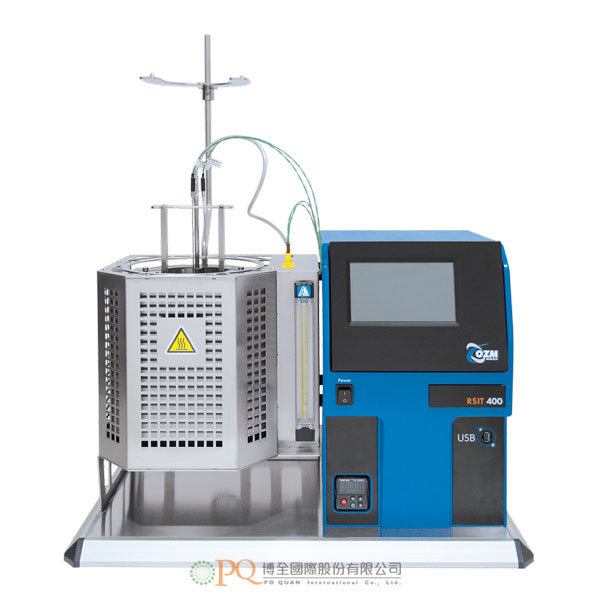
-
 micrux
micrux
-
 AARONIA AG
AARONIA AG
-
 ADASH
ADASH
-
 Amptek
Amptek
-
 AOiP
AOiP
-
 AstroNova
AstroNova
-
 AWSensors
AWSensors
-
 Automatic Research
Automatic Research
-
 BASI
BASI
-
 BRS
BRS
-
 BWB Technologies
BWB Technologies
-
 Cmc
Cmc
-
 CTRL
CTRL
-
 CALMET
CALMET
-
 CHECKLINE
CHECKLINE
-
 Coxem
Coxem
-
 C-Tech
C-Tech
-
 DV Power
DV Power
-
 DANATRONICS
DANATRONICS
-
 ECH
ECH
-
 Elsys
Elsys
-
 Enervac
Enervac
-
 Enapter
Enapter
-
 ELVEFLOW
ELVEFLOW
-
 EA Technology
EA Technology
-
 EL-CELL
EL-CELL
-
 ENERGY SUPPORT
ENERGY SUPPORT
-
 Electrothermal
Electrothermal
-
 FASTEC
FASTEC
-
 GE
GE
-
 GMW
GMW
-
 Gaskatel
Gaskatel
-
 GIUSSANI
GIUSSANI
-
 Globecore
Globecore
-
 GREENLIGHT
GREENLIGHT
-
 GRZ
GRZ
-
 HTW
HTW
-
 HIGH SENSE SOLUTIONSHTW
HIGH SENSE SOLUTIONSHTW
-
 HUBER
HUBER
-
 Labnics
Labnics
-
 Ida
Ida
-
 Instytut Fotonowy
Instytut Fotonowy
-
 KEHUA TECH
KEHUA TECH
-
 JGG
JGG
-
 HVPD
HVPD
-
 Jenway
Jenway
-
 Jacomex
Jacomex
-
 IVIUM
IVIUM
-
 ndb
ndb
-
 OZM
OZM
-
 Redoxme
Redoxme
-
 Serstech
Serstech
-
 SATIR
SATIR
-
 VacCoat
VacCoat
-
 Zurich
Zurich
- micrux
- AARONIA AG
- ADASH
- Amptek
- AOiP
- AstroNova
- AWSensors
- Automatic Research
- BASI
- BRS
- BWB Technologies
- Cmc
- CTRL
- CALMET
- CHECKLINE
- Coxem
- C-Tech
- DV Power
- DANATRONICS
- ECH
- Elsys
- Enervac
- Enapter
- ELVEFLOW
- EA Technology
- EL-CELL
- ENERGY SUPPORT
- Electrothermal
- FASTEC
- GE
- GMW
- Gaskatel
- GIUSSANI
- Globecore
- GREENLIGHT
- GRZ
- HTW
- HIGH SENSE SOLUTIONSHTW
- HUBER
- Labnics
- Ida
- Instytut Fotonowy
- KEHUA TECH
- JGG
- HVPD
- Jenway
- Jacomex
- IVIUM
- ndb
- OZM
- Redoxme
- Serstech
- SATIR
- VacCoat
- Zurich
相對自燃溫度測試儀
Relative Self-Ignition Temperature Tester 型號:RSIT 400-
RSIT 400™(固體相對自燃溫度)裝置用於測量固體物質的自燃溫度,即物質自發自燃的最低環境溫度。
應用
物質的自燃溫度是處理、儲存和運輸固體材料時進行風險分析的一個非常重要的參數。
優勢和特點
- 用於簡單應用例的外部支架。
- 採用耐高溫風扇對加熱爐內空氣進行強制循環。
- 可重複使用的測試容器由耐腐蝕鋼材製成。
- 安全功能確保了操作的高度安全性。
- 對溫度記錄進行軟體評估。
- 堅固的不銹鋼外殼。
相關的物理量常識
- 燃燒:燃燒是物質與氧化劑之間的放熱反應,它通常會同時釋放出火焰或可見光。
- 陰燃:沒有火焰和可見光的燃燒。
- 爆燃:伴隨爆炸的燃燒波,以亞音速傳播。
- 燃點:在規定的條件下,對試樣蒸氣進行點火從而引起燃燒,且燃燒能夠持續5秒以上的最低溫度。
- 閃點:在規定的條件下,由點火裝置點燃試樣蒸氣從而引起瞬間燃燒(閃火)的最低溫度。 產生的火苗必須覆蓋樣品全部表面積。 從消防觀點來說,液體閃點就是可能引起火災的最低溫度。 閃點越低,引起火災的危險性越大。
合規
Regulation (EC) No 1272/2008 of the European Parliament and of the Council on classification, labeling and packaging of substance and mixtures
NFT 20-036 – Chemical products for industrial use. Determination of the relative temperature of thespontaneous flammability of solids -
The RSIT 400™ (Relative Self-ignition Temperature for Solids) device is used to measure self-ignition temperature of solid substances – the lowest possible ambient temperature at which a substance will spontaneously self-ignite.
APPLICATIONSSelf-ignition temperature of a substance is a very important parameter for carrying risk analysis of handling, storing and transporting solid materials.
ADVANTAGES & FEATURES
- External stand for a simple sample application
- The possibility of forced ventilation
- Reusable testing container designed from resistant steel
- Safety features ensure a high level of safety in operation
- Software evaluation of temperature records
- Robust stainless steel case
COMPLIANCE
- Regulation (EC) No 1272/2008 of the European Parliament and of the Council on classification, labeling and packaging of substance and mixtures
- NFT 20-036 – Chemical products for industrial use. Determination of the relative temperature of the spontaneous flammability of solids







